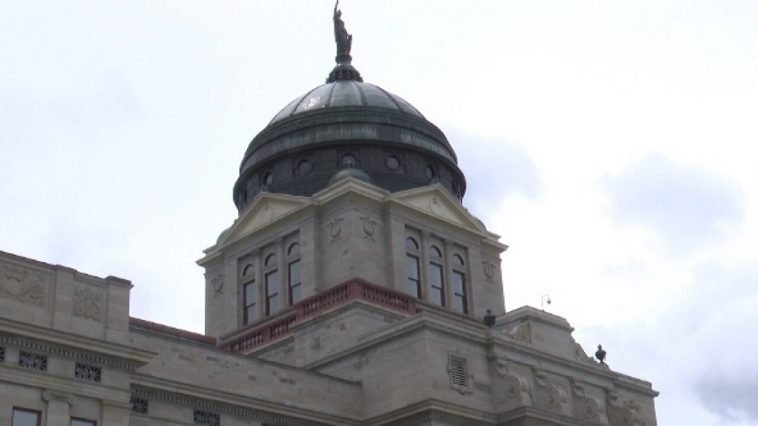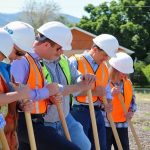Missoula, MT— A Montana House bill that would have allowed private citizens to sue those involved in drag performances has failed in the state legislature. House Bill 675, introduced by Rep. Caleb Hinkle (R-Belgrade), aimed to give individuals the ability to file lawsuits against performers and promoters up to three years after a drag show. The bill’s introduction sparked concerns across the state, with critics arguing that it could have far-reaching consequences for public events and free expression.
Missoula city officials expressed strong opposition to the bill, fearing it could jeopardize events such as the Missoula Pride Parade. City Attorney Ryan Sudbury raised questions about the bill’s constitutionality, particularly with regard to the First Amendment’s protections of free speech and expression. “If passed, this bill could leave a wide range of community events vulnerable to legal action, threatening both the cultural fabric and inclusivity that such events provide,” Sudbury stated.
The proposed legislation quickly became a flashpoint in the debate over LGBTQ+ rights and public performances. Supporters of the bill argued that it was necessary to ensure that minors were not exposed to what they considered inappropriate content. However, critics contended that the bill was overly broad and could be used to target drag performers or events that are central to the LGBTQ+ community.
Ultimately, the bill failed to pass in a final vote, with 55 members voting against it and 44 voting in favor. The failure marks a significant victory for those who argued the bill could infringe on artistic freedom and constitutional rights.
As the dust settles, local leaders, particularly in Missoula, are relieved by the bill’s defeat. Many in the LGBTQ+ community expressed concern that had the legislation passed, it could have led to an environment of fear and censorship for performers and event organizers.
While the bill’s defeat ends the immediate threat to drag performances in the state, it highlights the ongoing tension between freedom of expression and concerns over public content. As the debate over LGBTQ+ rights and public performances continues, this episode serves as a reminder of the challenges faced by lawmakers and citizens in navigating these complex issues.



